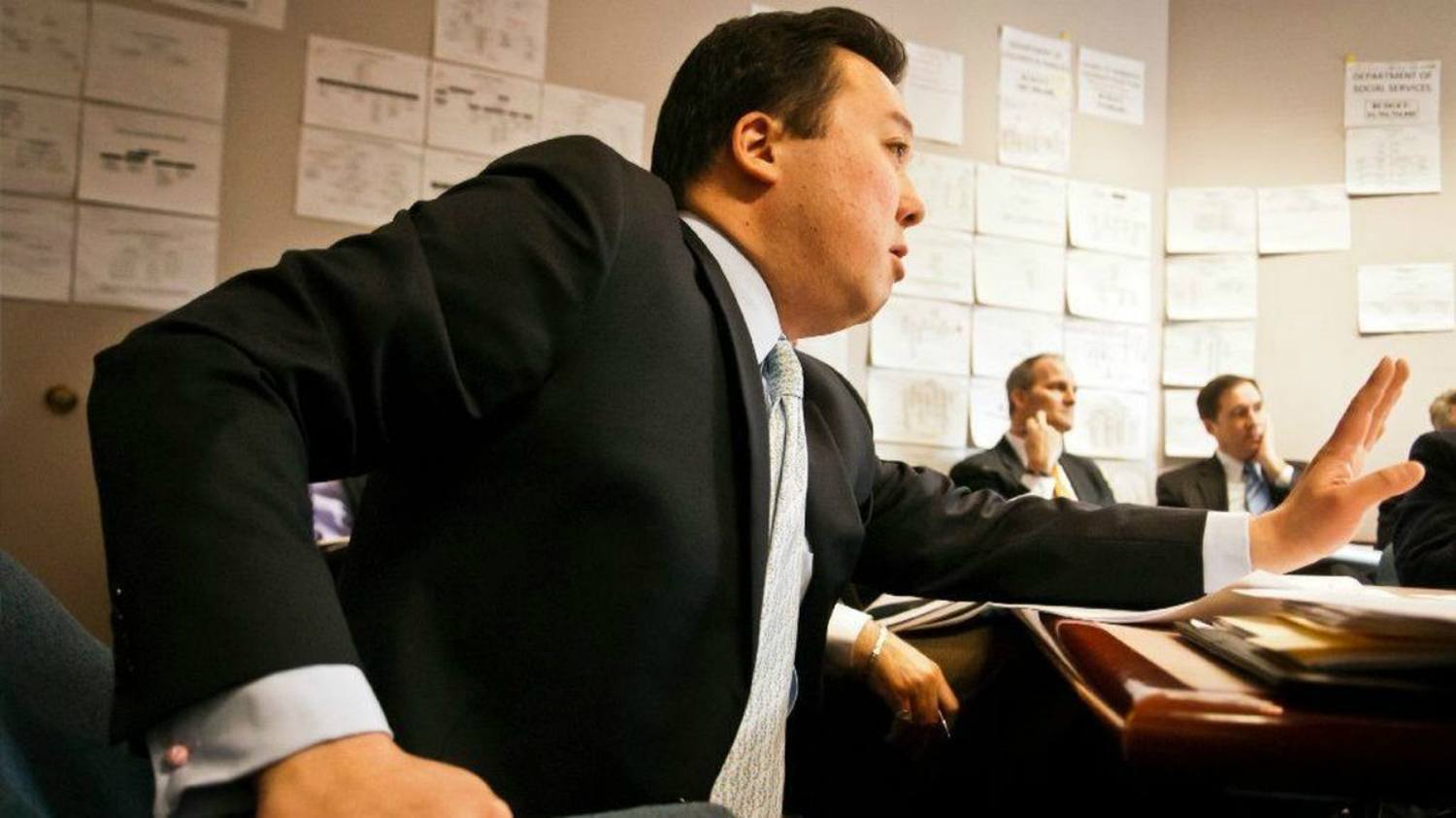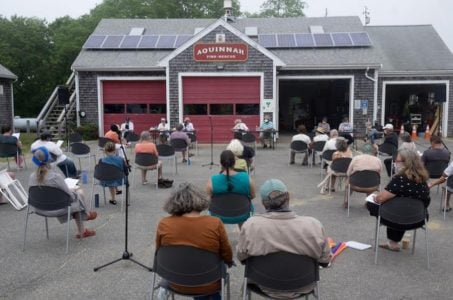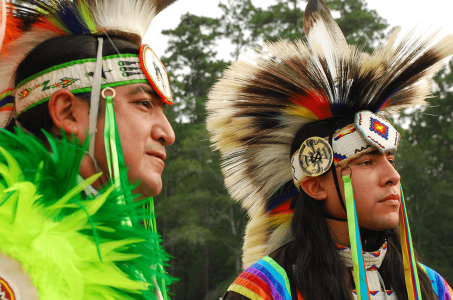Connecticut Tribes Drop Lawsuit Against Interior Department, Forging New Relationship With DOI
Posted on: March 28, 2019, 01:00h.
Last updated on: March 27, 2019, 02:28h.
The two Connecticut tribes – the Mashantucket Pequot and Mohegan Indians – have, along with the state, dropped their lawsuit against the US Department of the Interior (DOI).

The move comes less than a week after the two tribes finally received formal authorization from the federal agency to move forward with their $400 million Tribal Winds satellite casino in East Windsor. The state and the Native American groups filed the lawsuit in 2017 on claims that then-Interior Secretary Ryan Zinke wasn’t fulfilling his duties.
Connecticut Attorney General William Tong’s office said this week that the lawsuit against the DOI “is no longer necessary.” He added that the tribes are hoping for “a new beginning” regarding their relationship with the Interior Department.
Connecticut authorized the tribes to jointly construct the satellite venue on non-sovereign ground in response to MGM Resorts building a $960 million integrated resort just across the Connecticut-Massachusetts border in Springfield. The goal was to prevent as many Nutmeggers as possible from taking their gambling to Massachusetts.
The tribes’ Foxwoods and Mohegan Sun casinos share 25 percent of their gross slot revenue with the state. That totaled $264 million last year.
Lawsuit Withdrawn
Zinke was asked by Connecticut lawmakers to sign off on their amended gaming compacts in wake of the East Windsor authorization.
The previous documents annulled the tribes’ mandate to share a quarter of their slot revenue with the state if gaming was expanded outside their tribal reservations. The new compacts amend the wording to make sure the slot disbursements at Foxwoods and Mohegan Sun continue, but also allows the tribes to venture to East Windsor – where they’ll also share 25 percent of their slot win.
Zinke never weighed in, and Connecticut and the tribes alleged in their lawsuit that the interior secretary was lobbied by MGM Resorts to not approve the compacts. Zinke resigned early this year, but a federal investigation into his actions is ongoing.
New Interior
David Bernhardt now oversees the DOI, and under his leadership, Interior Department Assistant Secretary of Indian Affairs Tara Sweeney was permitted to review the compacts. She approved the amendments on March 15.
Tribal Winds won’t be finished until late 2020, meaning MGM Springfield will continue to poach gamblers from northern Connecticut for at least another year and a half. The satellite venue is expected to offer 1,800 slot machines, 60 table games, eateries, and concert space. MGM Springfield has 2,550 slots and 120 tables.
Connecticut has long lost its integrated resort monopoly on New England. As commercial gaming has expanded over the last decade or so, the state has seen critical tax revenue disappear.
In 2006, Connecticut’s 25 percent share of slot revenue totaled more than $433.6 million.
MGM says it will continue its fight to force Connecticut to hold a competitive bidding process for their gaming expansion. The casino giant said in a statement, “MGM remains steadfast in our view that Bridgeport is the best location in Connecticut for a commercial casino if the state is to maximize jobs, economic growth, tourism, and revenue – and a transparent, competitive process is in the state’s best interest.”
Related News Articles
Most Popular
LOST VEGAS: The Foster Brooks Robot at MGM Grand
Bally’s Sets Date for Tropicana Las Vegas Implosion & Party
Most Commented
-
VEGAS MYTHS RE-BUSTED: You Don’t Have to Pay Resort Fees
— August 2, 2024 — 16 Comments -
VEGAS MYTHS RE-BUSTED: Elvis Was a Straight-Up Racist
— August 9, 2024 — 11 Comments -
ANTI-SOCIAL BEHAVIOR: Vegas Casino Buffet Stunt in Poor Taste Goes Viral
— August 16, 2024 — 7 Comments -
VEGAS MYTHS RE-BUSTED: The Strip Tried Appealing to Families and Failed
— August 23, 2024 — 7 Comments
















No comments yet